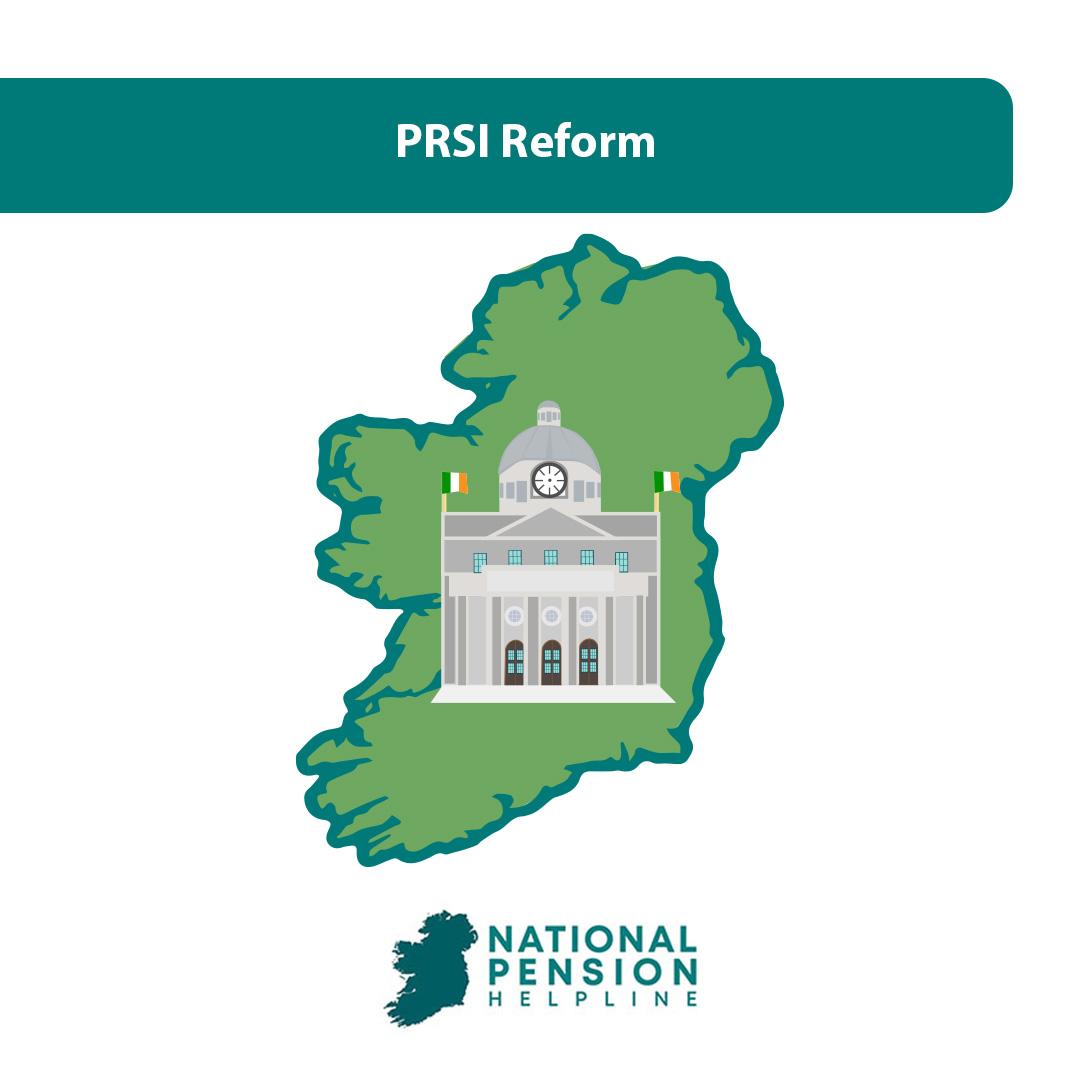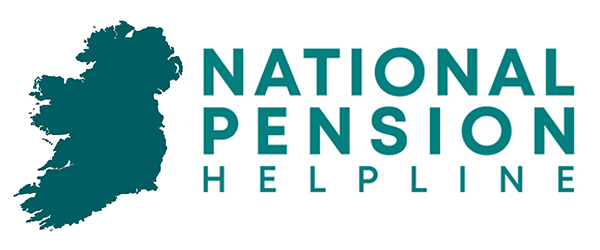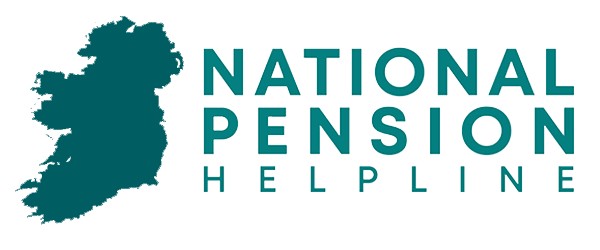It is widely acknowledged that Pay related social insurance reforms are required to maintain the age of State pension entitlement at 66, as well as finance social welfare reforms such as pay- related social welfare benefits.
The Government has laid out a PRSI roadmap in order to phase in the necessary increases. However, the ESRI has cautioned that these proposed changes may increase poverty rates, and particularly child poverty rates.
The current age of entitlement to a State pension in Ireland is 66, with provision for a worker to remain working until they reach 70 to accrue further contributions and a higher rate of pension if they have not reached the maximum level of contributions during their working life.
PRSI roadmap
The Government has recently approved plans for gradual increases in all classes of pay related social insurance (PRSI), for employers, employees, and those who are self employed.
These increases are intended to finance maintaining the State Pension eligibility age at 66, rather than push the retirement age higher.
All classes of PRSI will be subject to the increases, beginning with a 0.1% increase by October 2024. The increases will roll out as follows:
It has been estimated that the increase of 0.1% will, in real terms, cost the average worker 90c per week.
Economic and Social Research Institute report
The ESRI recently published a report into the PRSI roadmap entitled ‘Increasing Pay Related Social Insurance to fund the State Pension: Incidence and Effectiveness’.
The report stated that the PRSI increases will generate government revenue gains of €1.6 billion per year by 2028. Further, they found that these reforms are largely progressive, meaning that higher income households will contribute more than lower income households following the increases.
On average, according to the report, households will see a 0.6% drop in their annual disposable income by 2028 as a result of these increases in PRSI. This drop will be higher for the top 20% earning households at 0.9%.
Household income losses may be higher following the PRSI increases if employers pass on the increases to employees by means of decreased wages.
Although there is some slight disparity in terms of gender and age in terms of income losses, the report stated that there will be a slight increase in poverty rates, and child poverty rates (from 0.2% to 0.4%), as those who are most affected by age (age 25-54) are those more likely to have children.
Dr. Karina Doorley, an author of the report, stated that some measures such as changes to age or income source PRSI exemptions and the treatment of employee and self employed income for PRSI, recommended by the Commission on Taxation and Welfare and the Pensions Commission, may need to become part of the intended PRSI reforms or PRSI roadmap in order to lessen the the burden on those most affected by the current reforms.
Conclusion
PRSI reforms intended to maintain the State pension age at 66 for an aging population involve a roadmap of proposed increases to the current rates of PRSI contributions from all classes of PRSI i.e employee, employer, and self-employed.
However, the ESRI has cautioned that these reforms, while largely progressive, may lead to a slight increase in poverty, and particularly child poverty given that the increase in PRSI rates disproportionately affect the age groups most likely to have children.
The report suggests that further measures such as those recommended by the Commission on Taxation and Welfare and the Pensions Commission be considered in order to avoid overburdening these groups.
National Pension Helpline
If you have questions about the State pension age, your eligibility for a State pension, or any other pension related queries, you can avail of a free pension planning consultation with a Central Bank regulated advisor.
The National Pension Helpline website also offers a selection of articles on a variety of personal finance topics such as pensions, tac, and investments, as well as a newsletter with a new Irish personal finance article each month.



